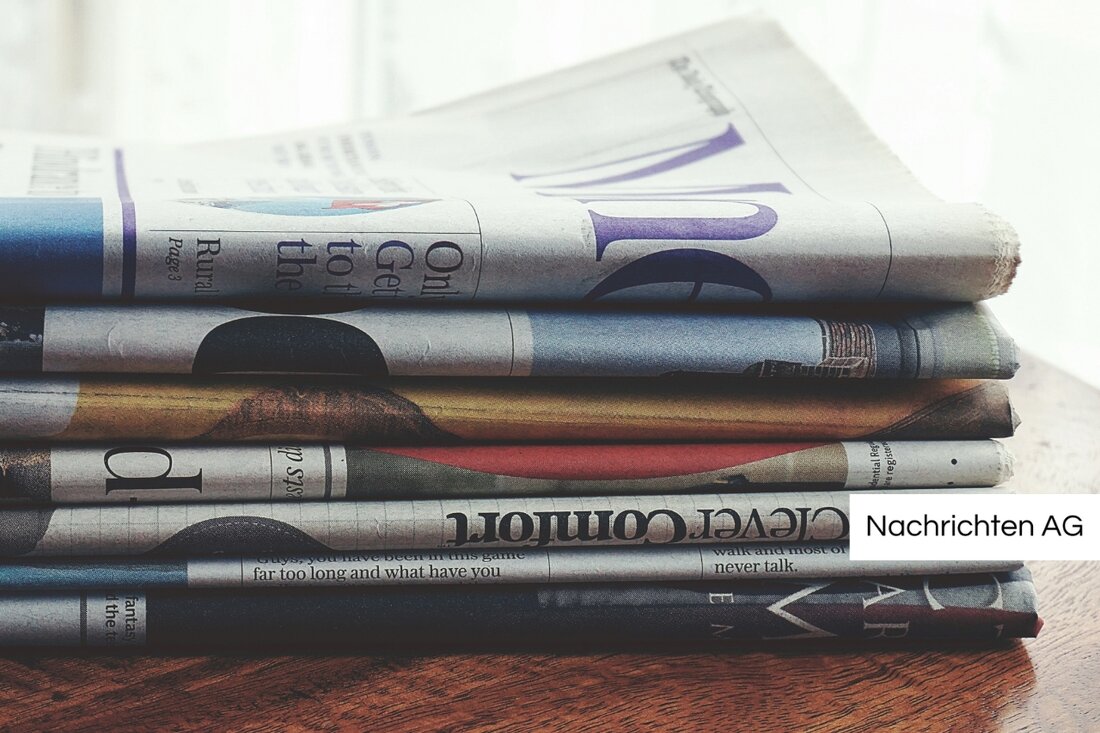Strawberry moon ensures insomnia: myth or medical fact?
Strawberry moon ensures insomnia: myth or medical fact?
On June 11, 2025, the world experienced the spectacular strawberry moon, which, although not classified as a supermond, fascinated many people due to its impressive deep red color and the special position on the horizon. It was particularly noticeable that this full moon stood as deep as it has been in 18 years, reinforced by the astronomical phenomenon of the major Lunar stand still. This combination made the moon appear larger, while it was colored by the thicker atmosphere in yellow to red tones. Astronomers have found that this has made the strawberry moon in 2025 the deepest full moon since 2006. The next birthday of this extraordinary event will be in 2043, such as OE24 reported.
But the night of the strawberry moon not only brought visual joy, but also sleep problems for many. Reports of insomnia, unrest and strange dreams during these full moon nights increased. Studies show that full moon nights actually have an impact on sleep quality: On average, people sleep less, take longer to fall asleep and have more trouble dreams. People who suffer from stress or sleep disorders are particularly affected.
connection between moon and sleep
The possible connection between full moon and sleep disorders has been an issue since antiquity. Millions of people in Germany suffer from and sleep disorders from those in need of treatment, and the belief that the moon causes these problems still lasts. A study by the Max Planck Institute for Psychiatry from 2014 analyzed data from over 2,100 nights to check a possible connection between phases of the lunar and sleep quality. The results showed that there was no significant influence of the moon on sleep. Previous studies, including one of Professor Christian Cajochen that participants needed a little longer to fall asleep at full moon and their sleeping time was shortened by 20 minutes, these results were not clear evidence of a direct influence of the moon.
Scientists from Berlin also could not demonstrate a clear influence of the full moon on sleep, but suspect that the inner moon rhythm plays a role. Nevertheless, many people report sleep problems during the full moon, which can often be attributed to unfavorable sleeping habits. Recommendations to improve sleep largely agree and include an optimal sleep temperature, avoiding screens before going to bed and a dark sleeping environment at night. More about these recommendations offers Pharmacy-Umschau .
logic behind the sleep patterns
research has shown that there are periodic fluctuations in sleeping behavior before the full moon. In the case of test subjects, there was a delay in the full moon for a delay in the sleep times by up to 80 minutes and a reduced sleeping time by up to 90 minutes. This could be due to the lighter nights around the full moon that influence the natural sleep-wax rhythm. This effect is more pronounced in rural areas without electrical lighting, but the phenomenon can also be observed in urban students.
The researchers assume that the lunar cycle could still influence our sleep behavior today, possibly based on evolutionary adaptation. Early people could have been more active during brighter nights, for example in hunting. In cities, the moonlight is often outshone by artificial lighting, but studies show that people's sleep often remains synchronized with the lunar cycle. This is visualized by the assumption that gravity effects of the moon also play a role. More detailed studies on the influence of the moon on the sleeping behavior should be carried out in the future, emphasizes the article on Scinexx .
| Details | |
|---|---|
| Ort | Deutschland |
| Quellen | |


Kommentare (0)